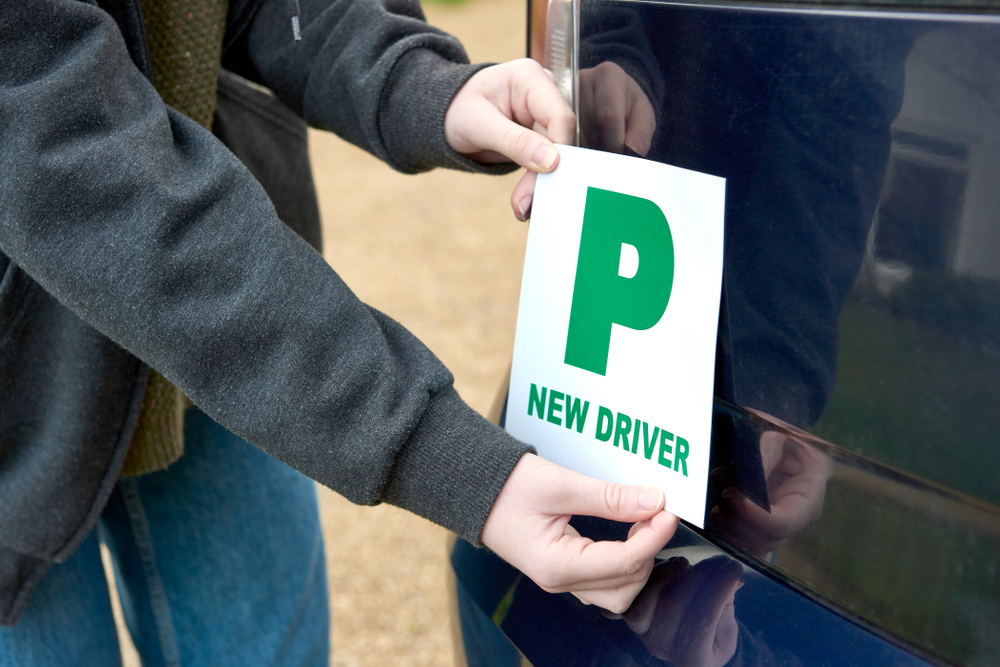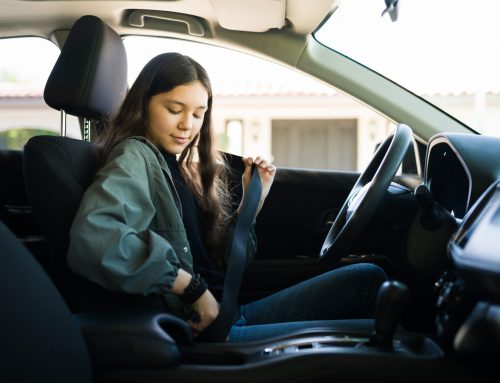Have you just passed your driving test? As a first time driver, you may feel excited or even apprehensive of tackling the roads on your own. Taking control of a vehicle now you are in the driver’s seat can be seen as daunting. However, to ease your mind Ucan is excited to share with you our top tips for driving to reduce the stress of being a new driver.
1. Choose your car wisely.
First and foremost, as a first time driver, insurance is usually very high. Therefore, choosing a car within your budget is important in terms of affordability. You need a car that can run efficiently, yet still can be maintained at an affordable rate. Your first car choice will be memorable so make sure it is the right one for you.
Need help choosing your first car? Here at Ucan we offer a wide selection of cars. Explore our showrooms and go for a test ride to see if you’re ready to purchase your first ever car. If you’d like more information, you can arrange a call back from one of our advisors.
2. How well do you know your car? Get to know it!
It is important that you familiarise yourself with your new car. Since you have been driving your instructor’s car, getting used to your first car can take practice. In your new car, make sure to find out how to use your wipers, adjust your mirrors, and turn your headlights on and off.
As a first time driver, you may feel odd relearning this or think you already know this since you did just get your licence! However, in unfamiliar cars things may feel different or not so instinctive. The last thing you want is to panic on the road because you can’t find the fog lights or can’t see the car behind!
3. Long journeys? Stay prepared.
If you’re a new driver ready to take on the road, this is an exciting life event. You might want to go to every place you can imagine and feel free. However, it is important that you’re prepared before you go driving for long periods of time. Therefore, if you decide to go on a long car journey, here are some measures you can take to get ready:
Go with another driver
With long journeys requiring a lot of attention and concentration, the driving can become tiring. As a result, a good way to reduce tiredness is to take it in turns with another driver to ensure safe journey.
Complete car checks before a long journey
Do you have enough petrol/diesel or charge in your car? Do you have cash, a charger? Do your breaks and headlights all work properly? Doing these checks will help minimise any potential breakdowns. If you’re starting to drive your car in cold weather, it is especially important to check out tips for winter driving.
Take loads of food and water
With long journeys, as well as your car, your body needs to refuel. It is also a good way to keep organised and equipped in case you have an emergency breakdown.
Plan your journey
Concentration on the road is key – but on long journeys this can be difficult, as you can become fatigued. Losing concentration when driving is a quick way to being a danger on the roads. Therefore, when going on your first long drive you could choose to leave earlier and allow yourself time to go to rest stops. Before your journey, it could be beneficial to plan where the available service stations are and how far they are from each other.
4. Drive strictly in accordance with the highway code
If you are a first time driver and have just passed your driving test, you should be aware that you are on a probationary period for 2 years.
This means that you could lose your licence within this time if you reach to 6 penalty points. As a result, your license will be revoked, and you will need to retake your theory and practical test to apply for your driver’s license again. Because of this, you’ll want to be extra careful to abide by the highway code and not lose any of the training you learned when having driving lessons.
5. Do not use your phone on the roads
As simple and as obvious as it may seem, using your mobile phone on the roads is illegal. According to the governmental website, strict laws have been implemented about zero mobile usage whilst driving, including:
- No texting
- No calling (unless you are in an emergency call in 999 or 112 and its unsafe to stop)
- No taking photos/videos
- No browsing the web (this includes changing songs on your phone)
These rules all apply even when queuing, stopping in traffic or at the traffic lights. In addition, these laws apply when you’re holding and using your phone even when offline or on flight mode. This also includes cars that automatically turn the engine off when the vehicle stops moving.
The government have also extended this law to those supervising learner drivers.
The only exceptions are if you are safely parked, making a contactless payment (e.g., drive through restaurant, parking machines) and if you are using your phone to park your car remotely.
If you are caught on your phone breaking this law, you will get 6 penalty points on your license and fined £200.
In simple terms, do not use your phone when driving – especially if you are on your probation period, you could possibly lose your license just for this.
Want to find out more?
Find these tips useful? Luckily, we have more tips and advice blogs for you to look through. Click here to have a look at our other blogs focused on driving in the UK.
As a first time driver, finding a car and car finance can all be very confusing and expensive. Here at Ucan, we also provide affordable and cheap car finance tailored to your situation and needs. Simply fill out our quick quiz to receive a car finance quote online.
If you have any questions or queries, please don’t hesitate to contact us through any of our located branches:








Leave A Comment